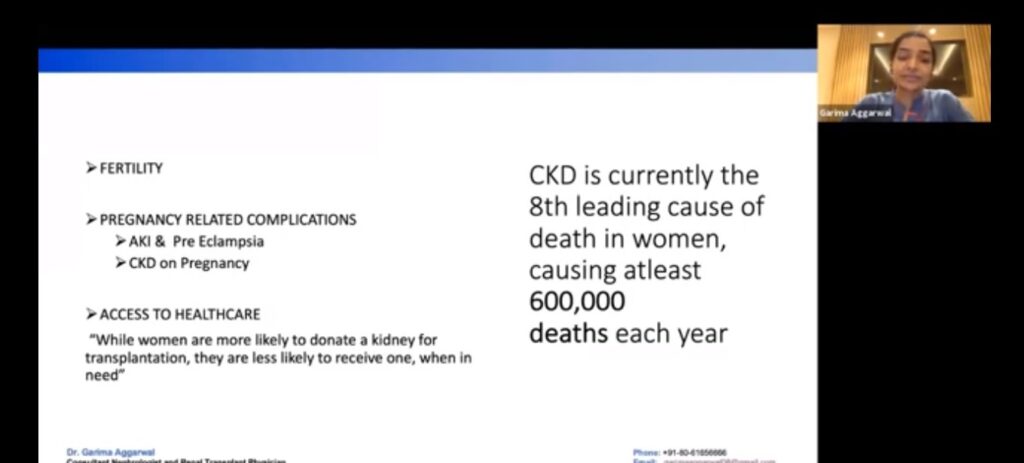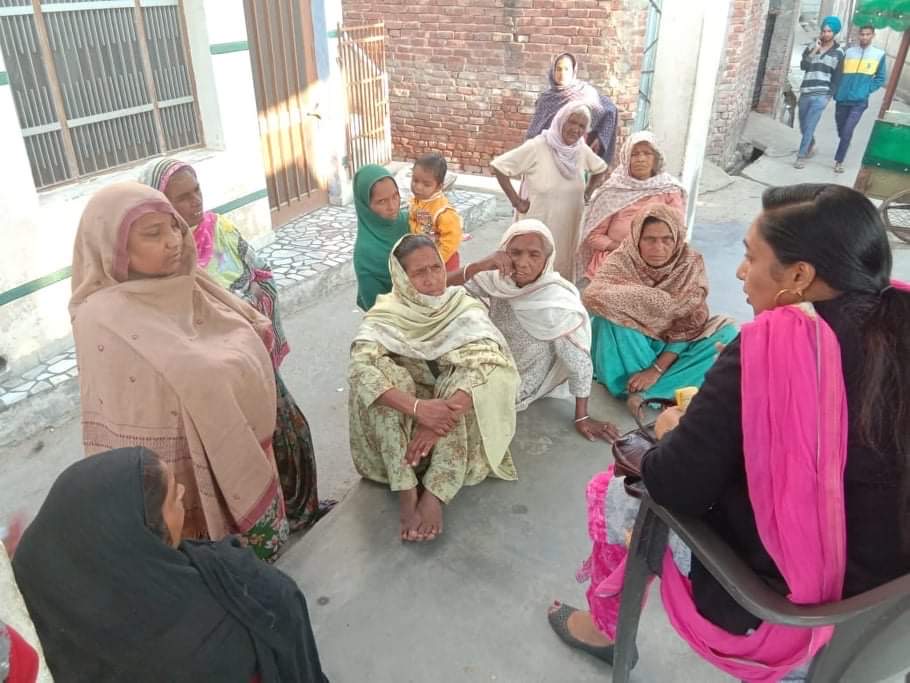Tag ckd in women
22 Nov
“THE WARRIORS JOURNAL” – EP8 Pregnancy & Women’s Health in CKD WITH DR. GARIMA AGGARWAL
Women’s Health & Pregnancy in Chronic Kidney Disease Health issues of women do not get as much attention or focus as that of men. Women themselves often ignore symptoms of […]
READ MORE31 Aug
Health Awareness Events for Rural Women
Women across India, living in rural areas face similar issues: Long working hours, poverty, financial constraints, illiteracy, lack of proper hygiene, unconcerned husbands, and medical complications. Poverty, illiteracy and lack […]
READ MOREALL CONTACTS
- B 504, Vrindavan Co-op Housing Society, Goregaon Link Road, Mulund (W), Mumbai – 400 080
- +91 81082 82100
- kidneywarriors.organisation@gmail.com
SUBSCRIBE
Stay connected with KWF by subscribing to our newsletter for the latest updates and news.
- Copyright © 2020 Kidney Warriors Foundation



